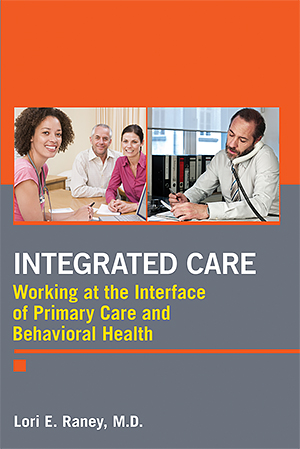Sections
Excerpt
There is increasing recognition that the psychiatrist workforce is insufficient to meet the mental health needs of the U.S. population (Wang et al. 2005). Integrated care models, such as collaborative care (CC) programs in which psychiatrists and other mental health professionals work closely with primary care providers (PCPs), can effectively leverage the unique expertise of psychiatrists and help them reach larger populations in need of mental health care. There is now a strong evidence base for CC for patients with common mental disorders such as depression or anxiety (Archer et al. 2012), and systems of care are increasingly looking for psychiatrists who are able to help develop and support such evidence-based programs. To serve as a consulting psychiatrist on a primary care team, psychiatrists will need to become skillful in a set of proficiencies and develop expertise to work in new ways. These new proficiencies are defined by the core principles of effective CC: patient-centered care, evidence-based care, measurement-based treatment to target, population-based care, and accountable care (introduced and discussed in detail in Chapter 1, “Evidence Base and Core Principles”).
Access content
To read the fulltext, please use one of the options below to sign in or purchase access.- Personal login
- Institutional Login
- Sign in via OpenAthens
- Register for access
-
Please login/register if you wish to pair your device and check access availability.
Not a subscriber?
PsychiatryOnline subscription options offer access to the DSM-5 library, books, journals, CME, and patient resources. This all-in-one virtual library provides psychiatrists and mental health professionals with key resources for diagnosis, treatment, research, and professional development.
Need more help? PsychiatryOnline Customer Service may be reached by emailing [email protected] or by calling 800-368-5777 (in the U.S.) or 703-907-7322 (outside the U.S.).



